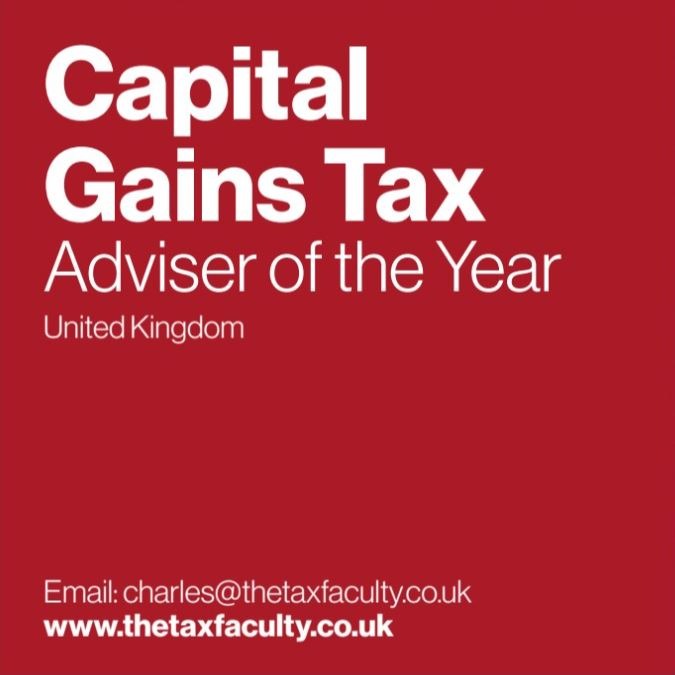TTF Tackles the Money Monster under your bed: Undeclared Crypto Gains
Advice for crypto investors uncertain about tax rules.
HMRCCRYPTO CURRENCYTAX COMPLIANCE


"I’ve been investing in crypto for a few years now, and honestly, it started as just a side interest. At first, it was small amounts, but over time, my gains grew a lot more than I expected. I didn’t really think about the tax side of things—I assumed HMRC wasn’t tracking crypto. I thought it was something that flew under the radar.
Now, I’m starting to worry. I’ve heard that regulations have tightened, and it’s hit me that HMRC could be looking into crypto gains more closely. The thought of backdated tax bills and penalties is overwhelming. I have no idea where to start with it all, and I keep putting it off, hoping it’s not as bad as I think. But in the back of my mind, I know I should probably do something about it before it gets worse.
I just can’t get my head around how to even begin sorting it all out. The more I think about it, the more anxious I get about how big the bill might be or if I could face penalties for not declaring things sooner. I feel like I’m in way over my head with this."


Firstly, you’re not alone in feeling overwhelmed—it’s very common for crypto investors to be uncertain about tax rules, especially as crypto gains have only recently come into sharper focus for HMRC. But it’s a good sign that you’re ready to tackle this. Taking action now can help you manage any potential liabilities while minimising the worry of “what if” scenarios down the line.
Here’s some guidance on how crypto gains are taxed and a simple, step-by-step approach to getting this sorted.
1. Understanding Crypto and Capital Gains Tax (CGT)
Crypto investments are treated similarly to other capital assets, like shares or property, which means any gains you make when selling, exchanging, or even using crypto to purchase goods and services may be subject to Capital Gains Tax (CGT).
HMRC has increased its focus on crypto, and they receive data from various exchanges, so it’s important to address your gains now to avoid further issues later.
2. Review Your Gains and Losses
To start, gather information on all your crypto transactions, ideally dating back to when you began investing. Key details include:
• The dates you bought and sold crypto
• The amount spent and received in each transaction
• Fees or charges paid during transactions (which can be deducted for tax purposes)
If this sounds overwhelming, know that some software programs or tax advisors can help reconstruct these transactions and calculate your net gains and losses.
3. Calculate Your Taxable Gains
Once you have all your records, you’ll want to determine your net gain. Each year, you’re allowed a CGT tax-free allowance (currently £12,300 for the 2023/24 tax year), meaning you only pay tax on gains above this threshold. The rate depends on your income: 10% for basic rate taxpayers and 20% for higher and additional rate taxpayers.
If you’ve made any losses, these can be offset against your gains to reduce your tax liability. Losses can even be carried forward to future years if properly reported.
4. Consider Voluntary Disclosure
To address any undeclared gains, you can make a voluntary disclosure to HMRC. This is often a good option for taxpayers in your situation because:
• It demonstrates a proactive approach.
• HMRC is typically more lenient with penalties when you approach them first.
The process is straightforward and involves notifying HMRC, completing a disclosure form, and paying any tax owed. If you’re unsure about doing this on your own, a tax advisor can guide you through the process to make it stress-free.
5. Set Up a Plan for Future Crypto Transactions
Moving forward, keeping accurate records of all crypto transactions will save you from future headaches. There are several software tools specifically designed to help crypto investors track trades and calculate gains in real-time, making it easy to stay on top of your tax obligations.
6. Don’t Stress—You’ve Taken the First Step
It’s easy to let fear of penalties or backdated taxes spiral, but by taking action now, you’re already in a better position. HMRC tends to be more understanding when taxpayers come forward voluntarily, so making this move now is a positive step in the right direction.
A tax advisor experienced with crypto can make the process far easier and reassure you on each step of the way. You don’t have to handle this alone—getting tailored advice can bring peace of mind and ensure you’re in full compliance going forward.
You’re taking control of your financial future, and you’ll likely feel a huge weight lifted once it’s all sorted.
Capital Gains Tax Expertise: The Tax Faculty LLP Managing Partner Charles Tateson Named UK Capital Gains Tax Advisor of the Year 2023
The Finance Monthly Taxation Awards recognises the achievements of tax professionals from around the globe.
Winning such an award is no small feat. It is a reflection of hard work, extensive knowledge, and an ability to navigate the intricacies of the UK tax system.
Read more about Charles and the award here.



Contact Us
Contact us today on freephone 0800 0016 878 for a free consultation on all tax issues, or fill out the handy form below and we'll get back to you as soon as possible.
Alternatively, you can email us at info@thetaxfaculty.co.uk or complete the form below.
(Please note, non-UK callers may need to call 0207 101 3845 if your line cannot connect to our 0800 number)
Feel free to contact us through WhatsApp - we accept calls and messages.
Simply click the WhatsApp button below:


